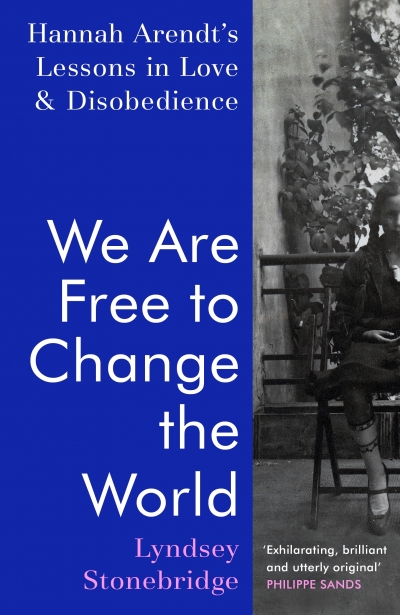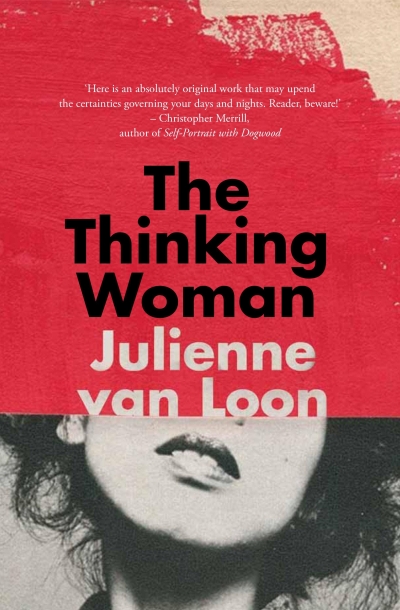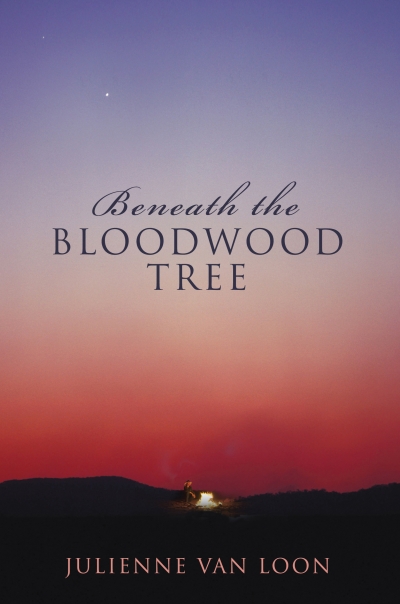The Vogel Prize shares a reputation with the rest of the company’s products: nutritious, worthy, a little dull. But the prize’s earnest image is unfair. Any glance at the roll-call of winners over the last twenty-five years would show that the makers of soggy bread and soya cereals have done more than anyone to introduce fresh literary DNA into Australia’s tiny gene pool of published novelists. But reviewers, mostly, and the public, generally, don’t get excited when the new Vogel is published. This year they should. Julienne van Loon’s desperate joyride, Road Story, is the best Vogel winner to come along since 1990, when Gillian Mears’s The Mint Lawn, equally confident but very different, won first place.
...
(read more)





